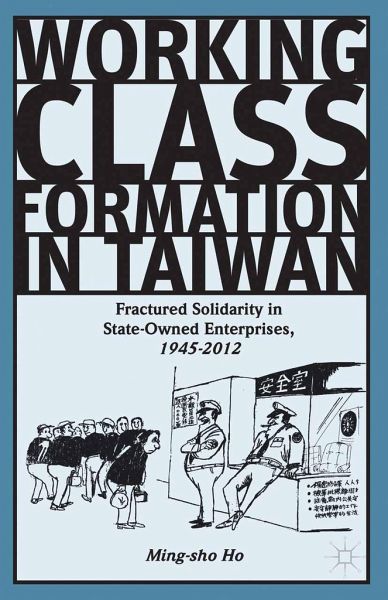
Working Class Formation in Taiwan
Fractured Solidarity in State-Owned Enterprises, 1945-2012
Versandkostenfrei!
Versandfertig in über 4 Wochen
52,99 €
inkl. MwSt.
Weitere Ausgaben:

PAYBACK Punkte
26 °P sammeln!
This book offers a fresh look at Taiwan's state workers in from the postwar period to the present day and examines the rise and fall of labor insurgency in the past two decades. Challenging the conventional image of docile working class, it unearths a series of workers resistance, hidden and public, in a high authoritarian era.














